
The study assesses the impact of antibiotic prophylaxis on the incidence of infective endocarditis following invasive dental procedures, specifically focusing on the risk reduction for high-risk individuals.
[read the full story...]
The study assesses the impact of antibiotic prophylaxis on the incidence of infective endocarditis following invasive dental procedures, specifically focusing on the risk reduction for high-risk individuals.
[read the full story...]
Digital v confentional impressions for implant supported fixed prosthesis, extraction v non-extraction orthodontics and flap v flappless surgery for implant placement were popular blogs between October and December.
[read the full story...]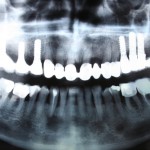
This review comparing the incidence of peri-implant disease with cement- and screw-retained prostheses included 6 RCTs. The findings suggest no difference in level of peri-implant disease with cement- or screw retained prosthesis. However, the studies are small none of them are at low risk of bias. Consequently the findings should be interpreted cautiously.
[read the full story...]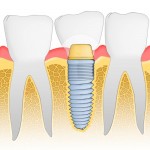
This review comparing immediate implant placement using flap or flapless surgery included 5 small RCTs involving a total of 140 patients. The findings suggested a benefit for flapless srugery but in addition to being small the studies were short term and 3 of the 5 studies were considered to be at high risk of bias.
[read the full story...]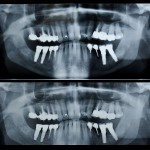
This review of whether supportive care is effective in preventing recurrence or progression of peri-implantitis included 15 studies. However none of the included studies was specifically designed to test supportive care regimens so there is a need for new well conducted and reported randomised trials of appropraite size and duration to provide better quality evidence.
[read the full story...]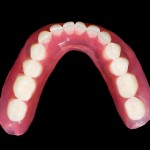
This review comparing the use of narrow-diameter and regular diameter dental implants for supporting mandibular overdentures included 8 studies reported in 12 publications. While the findings suggest no differences between narrow and regular implants supporting mandibular overdentures the findings should be viewed cautiously as the quality of evidence is limited in quality and quantity and also short-term in nature.
[read the full story...]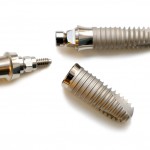
This review of marginal bone loss and implant survival rate of tilted implants compared with those of axial implants for implant-supported fixed partial dentures (ISFPDs) included 9 studies. The findings suggest no different in survival rates between the two implant types but the possibility of more marginal bone loss with tilted implants.The quality of evidence is low.
[read the full story...]
This review comparing implant and prosthetic survival with narrrow and regular dental implant diameters included 7 studies.The findings suggest no differences between the two types of implant but 5 of the 7 studies are retrospective and only 4 have a follow-up period of 5 years of more.
[read the full story...]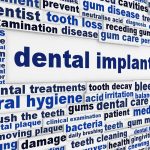
This review of the influence of smoking on the incidence of peri-implantitis included 6 prospective cohort studies involving a total of 762 patients. The findings suggest an increased patient-level risk of peri-implantitis in smokers risk ratio = 2.08 (95%CI; 1.17 to 3.71.
[read the full story...]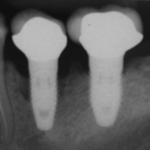
This review of the effectiveness of patient-performed or administered adjunctive measures to non-surgical peri-implantitis therapy included 9 RCTs. A wide range of interventions were tested but the studies were mainly small with only one being at low risk of bias. Consequently addition high quality well conducted studies are needed on both the prevention and treatment of peri-implant disease.
[read the full story...]